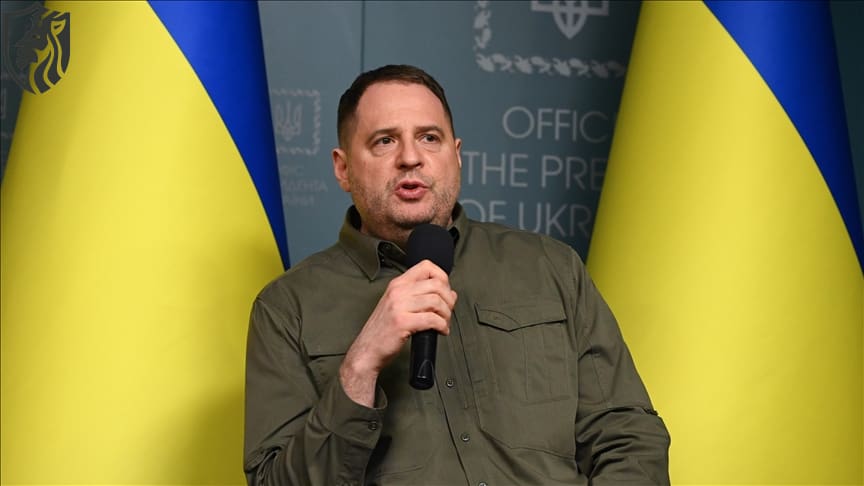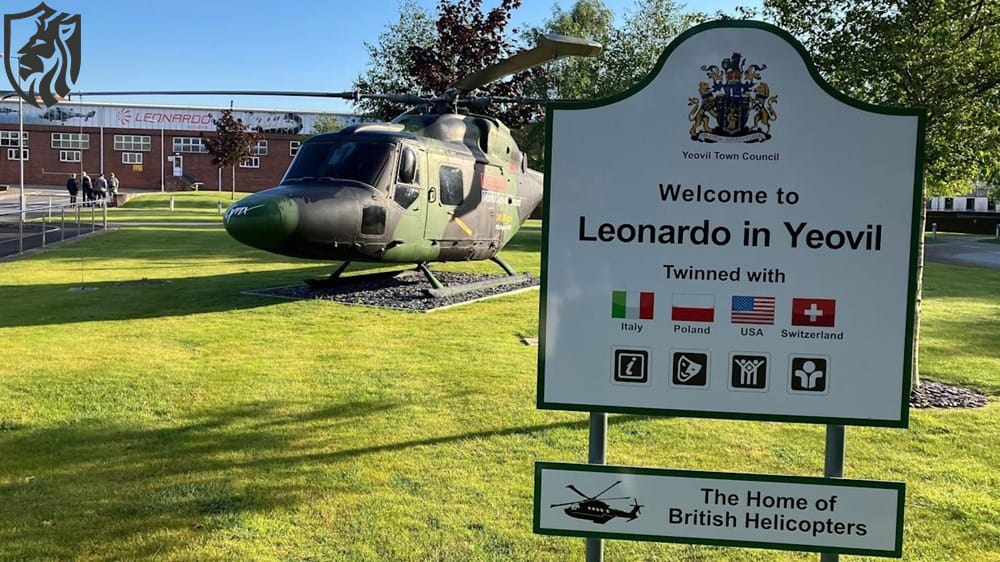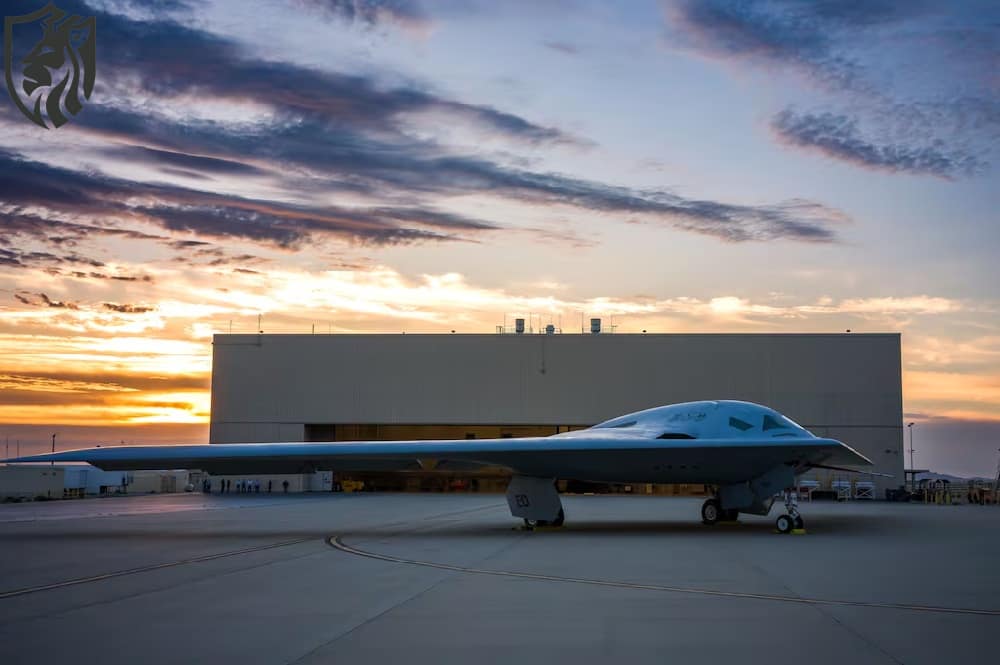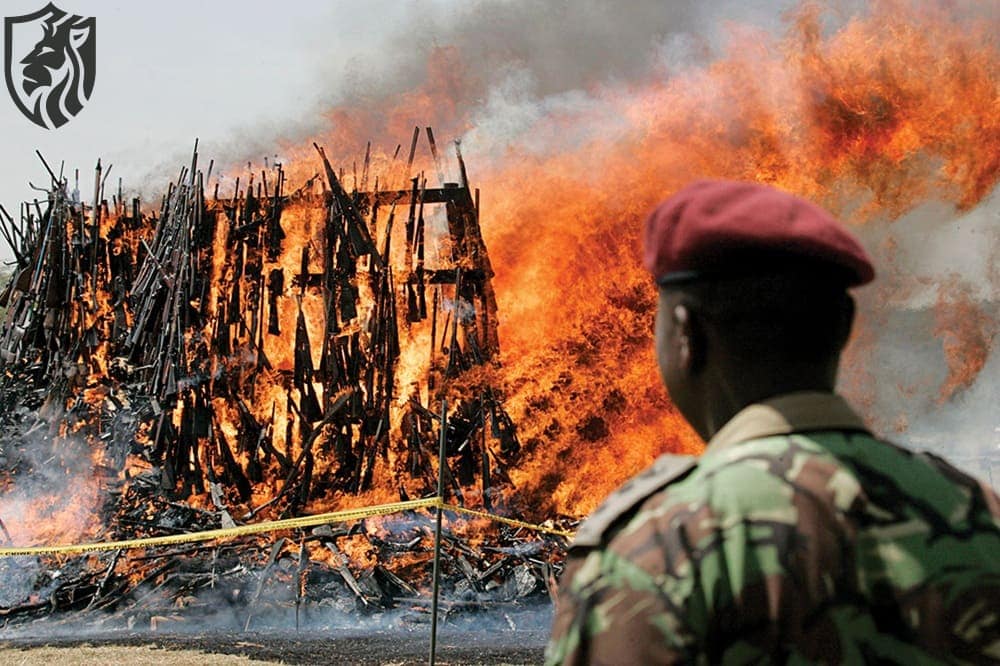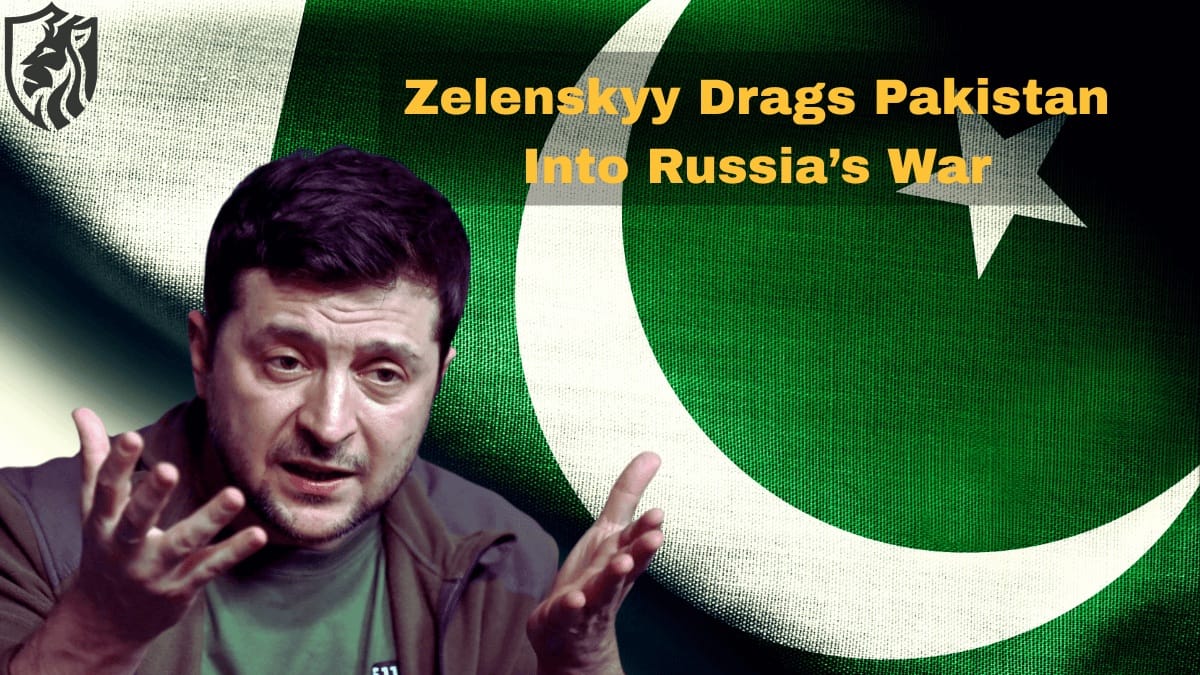
Pakistani Mercenaries in Ukraine, Says Zelenskyy
Overview
Ukraine’s president alleges that Russia has deployed foreign fighters to the northeastern front. In his latest battlefield update, Volodymyr Zelenskyy said troops near Vovchansk encountered units that included Chinese, Pakistani, Central Asian, and African nationals. Consequently, debate has intensified over Chinese and Pakistani mercenaries in Ukraine, their origins, and their impact on the campaign.
What Zelenskyy reported from Kharkiv
After visiting the Kharkiv front, Zelenskyy briefed commanders on defensive operations and the fight for Vovchansk. He then posted that foreign “mercenaries” were present alongside Russian forces and vowed a response. Notably, he listed China, Pakistan, Tajikistan, Uzbekistan, and unnamed African states. Therefore, the claim places Chinese and Pakistani mercenaries in Ukraine within a wider mix of foreign combatants.

China, Pakistan, and Central Asia in focus
Beijing has previously refuted allegations of recruiting its citizens for combat in Ukraine. Nevertheless, Kyiv has repeatedly asserted that Chinese nationals were captured or identified by name and passport details. Similarly, Pakistani officials have dismissed reports implicating their citizens. Even so, the allegation of Chinese and Pakistani mercenaries in Ukraine persists in Ukrainian statements and continues to draw diplomatic attention.
The North Korea factor
Kyiv and several Western sources have also described North Korean troops operating with Russian forces, particularly in the Kursk region. Moreover, Ukraine has reported capturing North Korean soldiers and has publicly claimed heavy DPRK losses. This context matters because the presence of regular foreign troops shapes the narrative surrounding Chinese and Pakistani mercenaries in Ukraine as well as the broader globalization of the conflict.
Why Moscow might use foreign fighters
Russia’s reliance on volunteers, auxiliaries, and contracted personnel is well documented. Accordingly, recruiting outside Russia can offset manpower constraints, add specialist skills, and provide political deniability. Furthermore, foreign fighters can be channelled through private intermediaries or informal networks. If confirmed, the use of Chinese and Pakistani mercenaries in Ukraine would fit a pattern of diversifying manpower sources while dispersing political risk.
Operational implications near Vovchansk
Vovchansk sits close to the border, with urban edges, river lines, and low woodland offering ample cover. Consequently, small composite units can conduct infiltration, reconnaissance, and close-quarter assaults. Mixed-language formations, however, present challenges with discipline, command, and control. Therefore, the net effect of Chinese and Pakistani mercenaries in Ukraine likely depends on their integration, training, and mission set.
Islamabad Warns Against Reckless Claims
Pakistan says it will request a formal clarification from Ukraine and cautions against statements that could undercut its declared neutrality in the conflict. The Foreign Ministry argues such claims strain ties and mislead global opinion. It reiterates Pakistan’s long-held view: peace should come through dialogue and diplomacy, not blame. The ministry also reaffirms adherence to the UN Charter and a peaceful resolution.
Pakistani Mercenaries in Ukraine
Some OSINT reports place Pakistani mercenaries on Ukraine’s front lines, though this is rejected by Pakistan’s government. Supporters describe them as fierce and seasoned warriors, shaped by years fighting TTP and BLA insurgents in harsh conditions and by periodic crises with India. They bring small-unit instincts, caution, and grit; yet outcomes still hinge on integration, logistics, command clarity, and international humanitarian law standards.

Legal and diplomatic fallout
International humanitarian law treats mercenarism narrowly, and many alleged “mercenaries” fall into grey areas. Nevertheless, states will contest any links to foreign volunteers, emphasizing that they neither recruit nor endorse such activities. China has pushed back on Kyiv’s claims, while Pakistani officials have described them as unfounded. Because of these denials, Chinese and Pakistani mercenaries in Ukraine are as much a diplomatic flashpoint as a battlefield variable.
Information warfare and verification
Reuters and other outlets have noted that they cannot independently verify parts of Kyiv’s assertions. Yet the information environment is contested, and both sides seek narrative advantage. Therefore, analysts should demand clear evidence—names, documents, biometrics, and unit traces—before drawing hard conclusions about Chinese and Pakistani mercenaries in Ukraine or any other foreign contingent.
Strategic takeaways
Russia’s ability to source personnel abroad, if proven, could extend operational stamina despite attrition. Conversely, Ukraine’s exposure of alleged foreign fighters aims to raise political costs for Moscow’s partners. Moreover, partners risk sanctions or reputational damage if their nationals fight for pay in a foreign war. Consequently, the controversy around Chinese and Pakistani mercenaries in Ukraine will influence deterrence, diplomacy, and sanctions design.
What to watch next
- Attribution evidence: Documents, POW interviews, and biometrics confirming identities tied to units. This may validate reports of Chinese and Pakistani mercenaries in Ukraine.
- Official responses: Further statements from Beijing, Islamabad, Dushanbe, and Tashkent, plus Moscow’s formal position.
- Frontline effects: Any measurable change in assault tempo, unit cohesion, or casualty patterns near Vovchansk.
- Sanctions and lawfare: New measures targeting recruiters, facilitators, or financial channels supporting foreign fighters.
References
- Reuters—Zelenskiy says “mercenaries” from China and Pakistan are fighting for Russia (Aug. 4, 2025). Reuters
- Al Jazeera—Ukraine says foreign mercenaries aid Russia; the list includes China and Pakistan (Aug. 4, 2025). Al Jazeera
- Reuters—Zelenskiy says at least 155 Chinese nationals are fighting on Russia’s side (Apr. 9, 2025). Reuters
- The Kyiv Independent—Zelenskyy says mercenaries from Asia and Africa are fighting for Russia (Aug. 5, 2025). The Kyiv Independent




